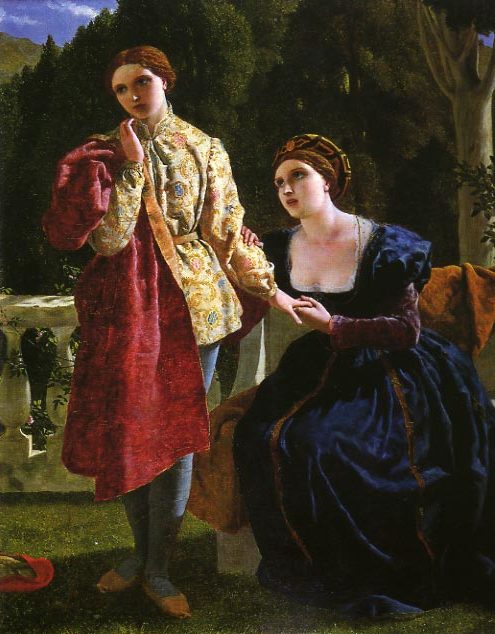My paper is still going to focus on the millennial generation's influence on Shakespeare. The reason I chose to read Twelfth Night was so that I could better understand one of pop culture's finest Shakespearean twists-- She's The Man. Now that I understand the work that inspired the movie, I plan on rewatching it in order to pick out specifics of how modernity remixed Shakespeare into something even just as culturally relevant, albeit for a younger audience, as the original. (I may read Taming of the Shrew if I have time, too, so that I can also include 10 Things I Hate About You.
One concept that Twelfth Night plays with is gender. Much of the humor comes from characters mixing up their genders or overstepping the boundaries of their sex. However, gender roles are not just laughed at, but legitimately blurred. (Think Orsino liking Viola's Cesario disguise even once he finds out she's a woman.) I'd like to look up recent papers discussing gender conflicts in Twelfth Night and see if any commentary has been made that connects the gender issues of Shakespeare's Illyria with current LGBTQA gender and sexuality issues.
The idea that clothes determine who you are (Viola dressed as a man making her a man, etc.) is something that holds weight in the millennial generation today. I'd also like to see if that's a theme that carries weight in modern twists on Shakespeare. It's definitely relevant today.

This will be very interesting reading! I'm trying to think about how Henry V could be seen through the millennial goggles, but kings are not really in vogue right now.
ReplyDeleteAs You Like It also has gender-bending when Rosalind disguises herself as Ganymede and then as a shepherdess fall in love with her male disguise. That might be something to look into.
ReplyDeleteCool topic! It would be interesting to see how LGBTQA views affect modern adaptations of Shakespeare plays. It seems like that is something that a lot of young people would identify with and support, and perhaps even demand to see in a Shakespeare adaptation catering to them as an audience.
ReplyDelete